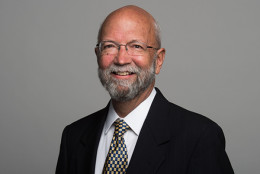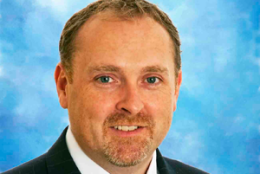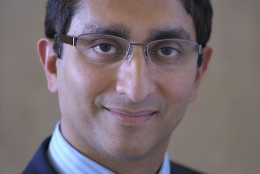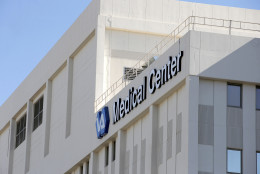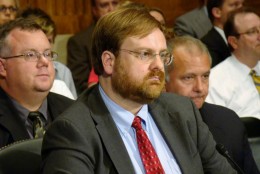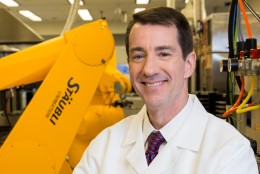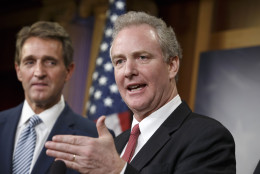National Institutes of Health
-
When Dr. Allen Wilcox joined the National Institutes of Health 37 years ago fresh out of medical school, the research area of reproductive epidemiology was essentially a blank slate. But in the decades since, his groundbreaking studies on fertility, pregnancy and reproduction have come to define the field. Wilcox is a finalist in the career achievement category for the 2016 Service to America medals. On Federal Drive with Tom Temin, he talked about his work with Federal News Radio’s Jared Serbu, including an ongoing study trying to understand the causes of Cerebral Palsy.
August 05, 2016 -
Rob Coen, the director of the National Institutes of Health’s IT Acquisition and Assessment Center (NITAAC), will join GSA’s Federal Systems Integration and Management Center (FedSIM) later this month.
August 03, 2016 -
Ivor D’Souza, the chief information officer of the National Institutes of Health’s National Library of Medicine, said an interagency effort to cut the time it takes to connect the dots during an outbreak is paying off.
July 15, 2016 -
In today's Top Federal Headlines, the House passes a bill to extend Veterans Affairs' expedited removal process for senior executives to all SES members and the VA Commission on Care releases its long list of recommendations for the agency....
July 07, 2016 -
Agencies are swimming in data, and they're looking for ways to sift through the noise and identify the most important pieces of information to help them make meaningful decisions more quickly and accurately.
May 05, 2016 -
The Government Accountability Office has found, it's time to gather up and consolidate National Institutes of Health's chimpanzee management program into one inexpensive place. John Dicken, GAO's director of health care issues, joins Federal Drive with Tom Temin discusses the move.
April 27, 2016 -
Sen. Barbara Mikulski (D-Md.) said she is spending at least part of her last year in Congress advocating for more money for science and medical research, and for an overall pay raise for federal employees.
April 11, 2016 -
Alastair Thomson, the chief information officer of the National Heart, Lung, and Blood Institute in the NIH, said cloud computing may be the answer to many of its storage and computing power needs.
March 10, 2016 -
The federal government spends considerable resources tracking rare diseases. Dr. Christopher Austin is director of the National Center for Advancing Translational Sciences at the National Institutes of Health. Austin explained how rarity was defined and how many rare diseases exist.
March 02, 2016 -
President Barack Obama’s final State of the Union speech offered few details on new programs or initiatives for federal managers and contractors. But the President did announce a new public-private sector effort to find a cure for cancer, led by Vice President Joe Biden.
January 13, 2016 -
Rob Coen is director of the NIH Information Technology Acquisition and Assessment Center, or NITAAC. He oversees two big governmentwide acquisition contracts that have proven popular over the years. Coen told Federal News Radio Executive Editor Jason Miller that existing contracts could easily meet your requirements and those of IT and cybersecurity reform. Those requirements were recently shared with Federal Drive with Tom Temin.
December 30, 2015 -
The Food and Drug Administration can process data more quickly thanks to an infrastructure-as-a-service platform. NIH is reducing the time it takes to perform an MRI because of high-performance computing services in the cloud.
December 16, 2015 -
As agencies demand more funding from Congress in the fiscal 2016 budget, many members want the National Institutes of Health to receive what the Senate Appropriations Committee has already approved.
November 18, 2015 -
The Office of Management and Budget’s new guidance prohibits civilian agencies from buying computers off any contract except from one of three governmentwide acquisition contracts.
October 16, 2015 -
You believe you have the answer to a problem, but no one else believes you do. Many federal employees have been there over the years. Dr. Steven Rosenberg turned his belief into life-saving therapy that people call "a miracle" and last night he turned his belief into the Federal Employee of the Year Award at the Service to America Medals award ceremony. Rosenberg, chief of surgery at the National Cancer Institute at the National Institutes of Health, talked to In Depth with Francis Rose.
October 08, 2015

